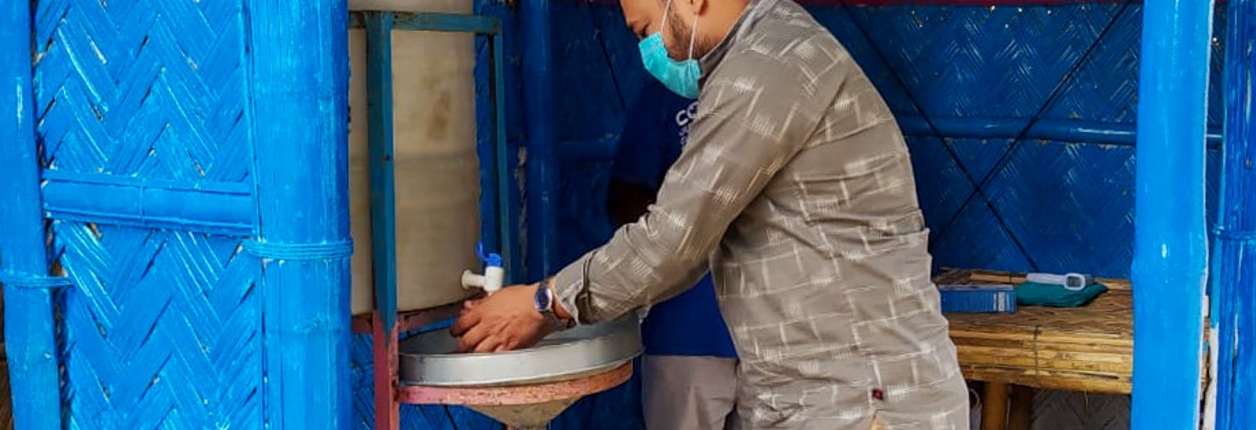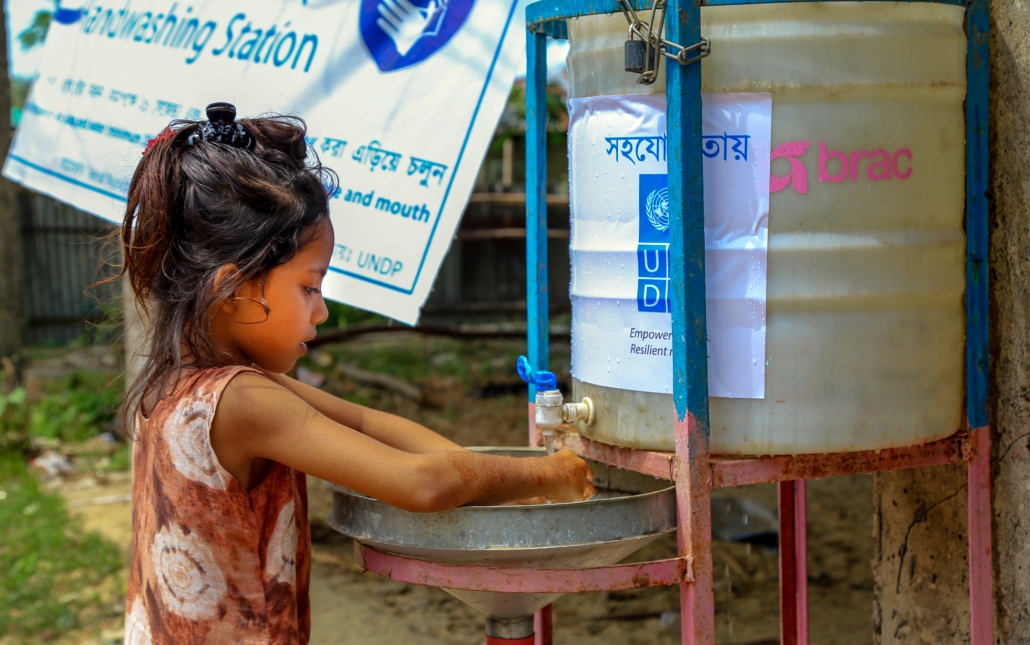 https://www.circleofblue.org/wp-content/uploads/2020/07/2020-06-Zambia-WASH-Covid-IMG_20180601_094522-Edit-Edit-2500.jpg
845
1600
Claire Kurnick
https://www.circleofblue.org/wp-content/uploads/2018/06/Circle-of-Blue-Water-Speaks-600x139.png
Claire Kurnick2020-07-20 06:33:222020-07-21 18:05:24Zambia Enters Pivotal Season with Few Covid-19 Cases But High Risks
https://www.circleofblue.org/wp-content/uploads/2020/07/2020-06-Zambia-WASH-Covid-IMG_20180601_094522-Edit-Edit-2500.jpg
845
1600
Claire Kurnick
https://www.circleofblue.org/wp-content/uploads/2018/06/Circle-of-Blue-Water-Speaks-600x139.png
Claire Kurnick2020-07-20 06:33:222020-07-21 18:05:24Zambia Enters Pivotal Season with Few Covid-19 Cases But High RisksWaterPoint:
How Communities Deal With an Evolving Pandemic in an Era of Dwindling Water
Water Access, Sanitation, and Hygiene rise to new importance during the coronavirus pandemic.
Access to clean drinking water and sanitation improved substantially in the last two decades, especially in urban areas, but those gains are far from universal. About one in three people do not have safe drinking water and more than half lack proper sanitation. A pillar of improvements in human health in the last century, water, sanitation, and hygiene are also a foundation of the world’s response to the Covid-19 pandemic.
Connecting the Drops: 5 Things You Need to Know About Water, Sanitation, and Health
1. WASH is all about access to Water, Sanitation, and Hygiene
WASH is a growing sector of public health, but it often lacks proper funding and attracts less attention than activities like medical treatment. The field prioritizes universal and sustainable access to Water, Sanitation, and Hygiene.
Water: Access to safe drinking water and improved water sources.
Improved water sources — such as from a secure borehole well, protected spring, and municipal piped supply — are designed to protect against outside contamination. In contrast, unimproved water sources do not adequately guard against contamination. These sources include surface water, contaminated wells, and unregulated vendors.
Sanitation: The safe separation of human waste from human contact.
WASH standards for sanitation include facilities with sewer or septic connections, pit latrines with improved ventilation, or a slab or covered pit. Hanging latrines, bucket latrines, and open defecation are not considered improved sanitation.
Hygiene: Frequent hand washing, face washing, and bathing with soap and water. These actions can improve cleanliness and lead to good health.
Rinsing without soap, washing with unsafe water, or washing in an inadequate facility are not considered hygienic. Menstrual hygiene — particularly for girls’ education — is also an important part of the global hygiene challenge.
2. Water, sanitation, and hygiene are the foundations of modern health care
Imagine building a house on quicksand. No matter how advanced the architecture, how great the walls and windows, the structure will never be stable. Health care falters at its base when people do not have clean water, hygiene, and improved sanitation.
Approximately 15% of patients globally contract an infection during their hospital stay, and the lack of WASH increases the possibility of antimicrobial resistance. This makes infections more likely to spread.
Proper access to WASH resources could prevent infections and the spread of disease and save 829,000 lives a year. Health care providers could focus more on treatment and less on contracting infections and diseases from their patients.
As WHO’s Dr. Maria Neira said, “A healthcare facility without WASH is not a healthcare facility.“
3. Access to WASH touches all aspects of society, from education to livelihoods
WASH is pivotal to many of the UN Sustainable Development Goals including poverty alleviation, primary education, climate action, sustainable cities, gender equality, and others.
Without WASH, people suffer. Sick adults may be prevented from working, while ill children might not attend school. Women and girls, who often care for the sick, bear the heaviest risk and burden. Where safe water is scarce, women, and typically girls, spend much of their day fetching water. A World Health Organization and UNICEF report found that 207 million people spend over 30 minutes each day in transit to access clean water.
4. WASH resources vary by region
Developing nations and rural areas generally have less access to WASH than developed and urban areas.
Many of the populations still living without WASH, such as rural communities, informal urban and peri-urban settlements, and populations living with physical and intellectual disabilities, are among the world’s poorest areas and most difficult to reach.
Regions with the least amount of improved sanitation are concentrated in sub-Saharan Africa, Southern Asia, and Eastern Asia. Climate change only further exacerbates efforts to implement WASH services as regions of the world are roiled by severe droughts and floods.
5. Global WASH access is far from universal
Currently, more than half of the global population (4.2 billion people) lacks safe sanitation and 1 in 3 people globally (2.2 billion people) do not have access to safe drinking water. About 40 percent of the world’s population (3 billion people) need basic handwashing facilities at home. According to the United Nations, universal access to basic sanitation alone would require the current rate of progress to double.
Nevertheless, there has been progress in broadening access to WASH. Between 2000 and 2017, the global percentage of people using safe sanitation services increased from 28 percent to 45 percent, and a smaller, but still significant proportion of the global population (10 percent) gained access to safe water sources.
These changes indicate that challenges to universal WASH access are solvable.
To keep up the progress, a few key actions are needed: focused policy and budgetary leadership within developing countries, strong and targeted support from the international donor community, and effective collaboration with the private sector.
 https://www.circleofblue.org/wp-content/uploads/2020/07/2020-06-Zambia-WASH-Covid-IMG_20180601_094522-Edit-Edit-2500.jpg
845
1600
Claire Kurnick
https://www.circleofblue.org/wp-content/uploads/2018/06/Circle-of-Blue-Water-Speaks-600x139.png
Claire Kurnick2020-07-20 06:33:222020-07-21 18:05:24Zambia Enters Pivotal Season with Few Covid-19 Cases But High Risks
https://www.circleofblue.org/wp-content/uploads/2020/07/2020-06-Zambia-WASH-Covid-IMG_20180601_094522-Edit-Edit-2500.jpg
845
1600
Claire Kurnick
https://www.circleofblue.org/wp-content/uploads/2018/06/Circle-of-Blue-Water-Speaks-600x139.png
Claire Kurnick2020-07-20 06:33:222020-07-21 18:05:24Zambia Enters Pivotal Season with Few Covid-19 Cases But High RisksFeatured Stories
 https://www.circleofblue.org/wp-content/uploads/2021/04/Credit-UNDP-Bangladesh-2-Edit.jpg
1003
1600
Keith Schneider
https://www.circleofblue.org/wp-content/uploads/2018/06/Circle-of-Blue-Water-Speaks-600x139.png
Keith Schneider2021-04-27 09:11:412021-11-29 21:07:20Innovation in Financing Brightens WASH Galaxy
https://www.circleofblue.org/wp-content/uploads/2021/04/Credit-UNDP-Bangladesh-2-Edit.jpg
1003
1600
Keith Schneider
https://www.circleofblue.org/wp-content/uploads/2018/06/Circle-of-Blue-Water-Speaks-600x139.png
Keith Schneider2021-04-27 09:11:412021-11-29 21:07:20Innovation in Financing Brightens WASH Galaxy
Pandemic Brings WASH To Rare Inflection Point

As Global Poverty Rises, USAID Plans for Covid-Altered World

In Pakistan, Pandemic Derails Water, Sanitation, and Hygiene Work

Covid-19 Outbreaks In Prisons Underscore Need For Reform

Kenya Looks to Sustain Health Focus Beyond the Pandemic

Where Water Is Scarce on Native American Reservations Covid-19 Spreads More Easily

Community Groups in Brazil Step In Where Government Covid-19 Response Falls Short

In Burkina Faso, Clean Water Was Scarce. Then the Pandemic Hit.

Ghana Faces ‘Triple-Edged Problem’ as Covid-19 Cases Rise

Five Things You Need to Know About WASH and Covid-19
© 2023 Circle of Blue – all rights reserved
Terms of Service | Privacy Policy


